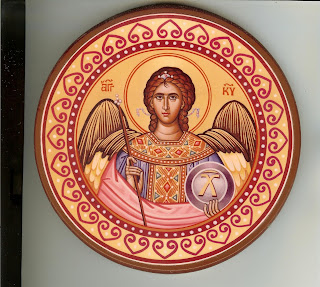DIRECTIONS PRAYER
FACING EAST… I WELCOME THE COMING DAY, the possibilities,
the decisions, the surprises, the risks.
TO THE SOUTH… I WELCOME the warm places, the softness, the congeniality,
the fun, the joy that will transpire this day.
TO THE WEST… I WELCOME the deaths, the endings, the losses,
the disappointments, the things I cannot change.
TO THE NORTH… I WELCOME THE moments of solitude, the
introspection, the silence, the memories, insights, and the recollection of
dreams.
GREAT AND HOLY SPIRIT, permit me trespass once again into
the sacred precincts. Let me touch my relatives with reverence, humility, and
skill. Lord Jesus Christ defend me from demons, idols, and every form of
self-deception, and bring me safely to my true home.






